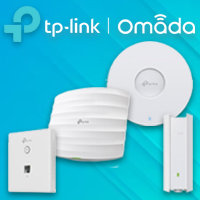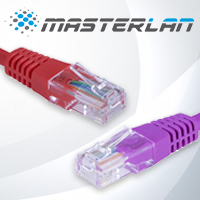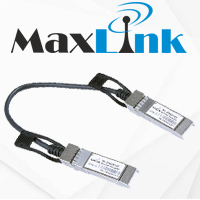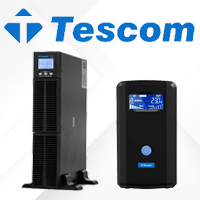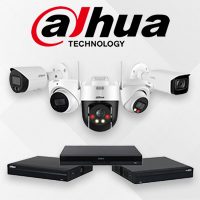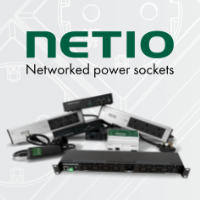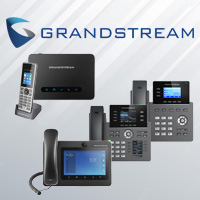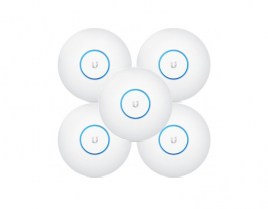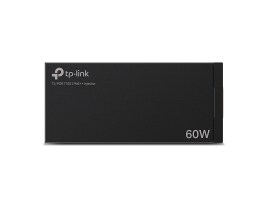
TP-LINK TL-POE170S V2.2 PoE++ Injector
Product Code:
TL-POE170S
Manufacturer Tp-link
Sales price:
54,80 €(Includes 24% VAT)
Sales price without TAX:44,19 €
Product Availability:

Show Shipping Cost:
- Description
- Specifications
- Downloads
- Reviews
TP-LINK TL-POE170S V2.2 PoE++ Injector
| • Two Gigabit ports • Complies with IEEE802.3af/at/bt (type 3) standards, supplies up to 60 W • Transmitting data and power to PoE devices via an Ethernet cable • Automatically determines and supplies the exact power to meet the device's need • Wall-mounting and desktop design • Plug & Play installation • Durable metal casing |
What This Product Does
The Omada PoE++ Injector POE170S fully complies with IEEE 802.3af/at/bt (type 3) standards with up to 60 W power supply.* It can easily expand your network to where there are no power lines or outlets, ideal for connecting PTZ IP Cameras, access points, and LEDs.
*POE170S is incompatible with Passive PoE and other non-standard PoE devices. The standards refer to IEEE 802.3af/at/bt.
| Warranties - Returns: | |
| Money Return: | Repair - Replacement: |
| 20 days | 24 months |
| HARDWARE FEATURES | |
| Standards | IEEE802.3i, IEEE802.3u, IEEE802.3ab, IEEE802.3af, IEEE802.3at, IEEE802.3bt |
| Ports | 1 10/100/1000Mbps RJ45 data-in port 1 10/100/1000Mbps RJ45 power+data-out port 1 AC socket |
| Network Media | 10BASE-T: UTP category 3, 4, 5 cable (maximum 100m) EIA/TIA-568 100Ω STP (maximum 100m) 100BASE-TX: UTP category 5, 5e cable (maximum 100m) EIA/TIA-568 100Ω STP (maximum 100m) 1000BASE-T: UTP category 5, 5e, 6 cable(maximum 100m) |
| Basic Function | Auto-Sensing Algorithm enables providing power with 802.3af/at/bt* PD Auto-determine the necessary power requirements Wall-mounting and desktop installation supported Plug-and-Play |
| Power | Input: 100-240 V, 50/60 Hz, 1.6 A Output: Auto-determine the necessary power requirements (max. 60 W) |
| Dimensions(WxDxH) | 155 x 70 x 42 mm |
| Distance between Wall-mounting Holes | 102 mm |
| Certification | FCC, CE, RoHS |
| Environment | Operating Temperature: 0°C~45°C Storage Temperature: -40°C~70°C Operating Humidity: 10%~90% RH non-condensing Storage Humidity: 5%~90% RH non-condensing |
| Package Contents | POE170S Power cord RJ45 cable Installation guide |
Note: *POE170S is incompatible with Passive PoE and other non-standard PoE devices. The standards refer to IEEE 802.3af/at/bt.
There are yet no reviews for this product.
RELATED PRODUCTS
YOU HAVE SEEN RECENTLY
INTEREST-FREE INSTALLMENTS BY CREDIT

IN CASH

BANK DEPOSIT

PAYMENT BY












